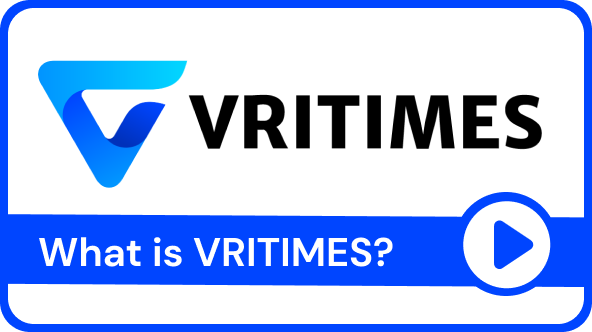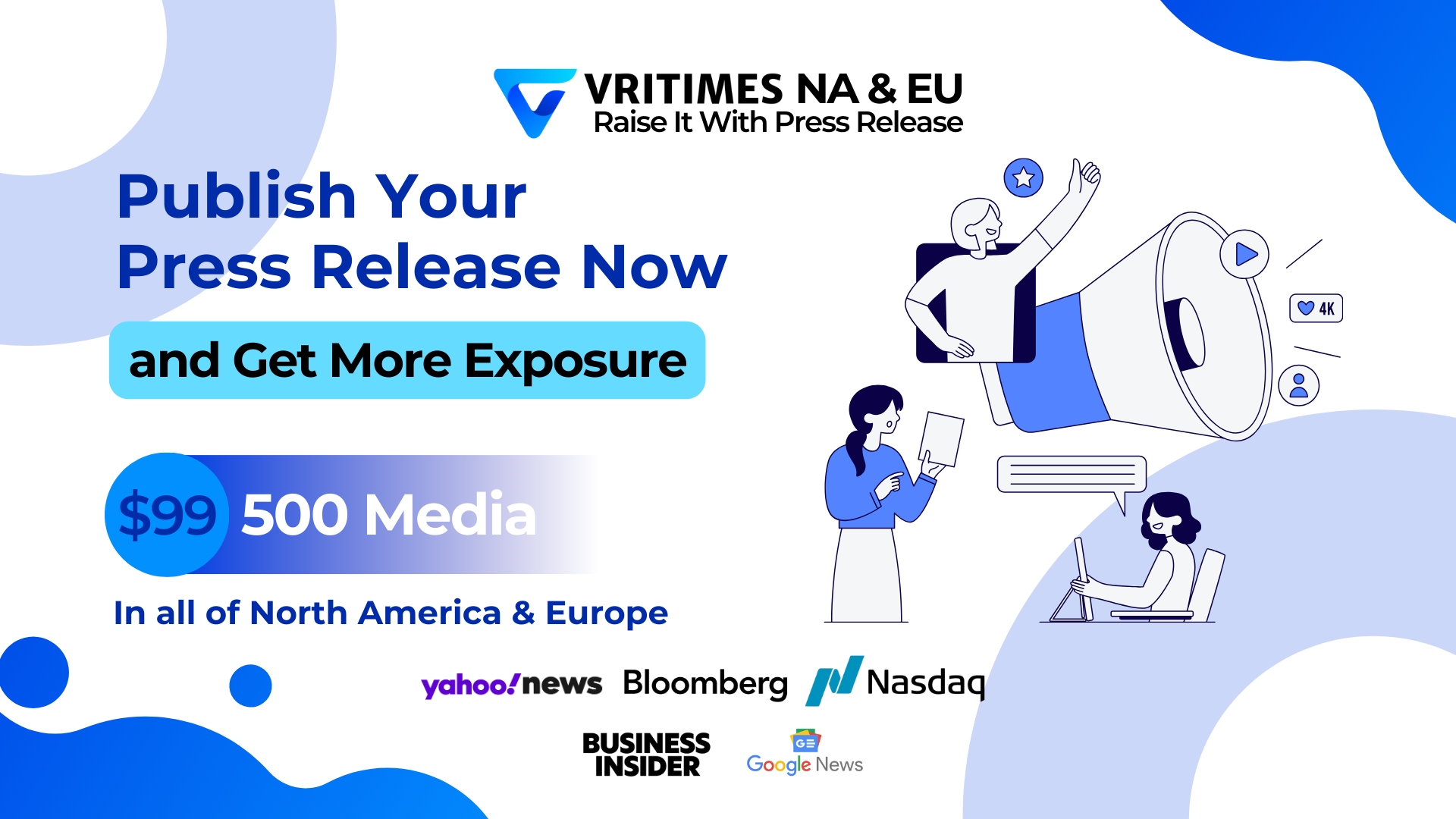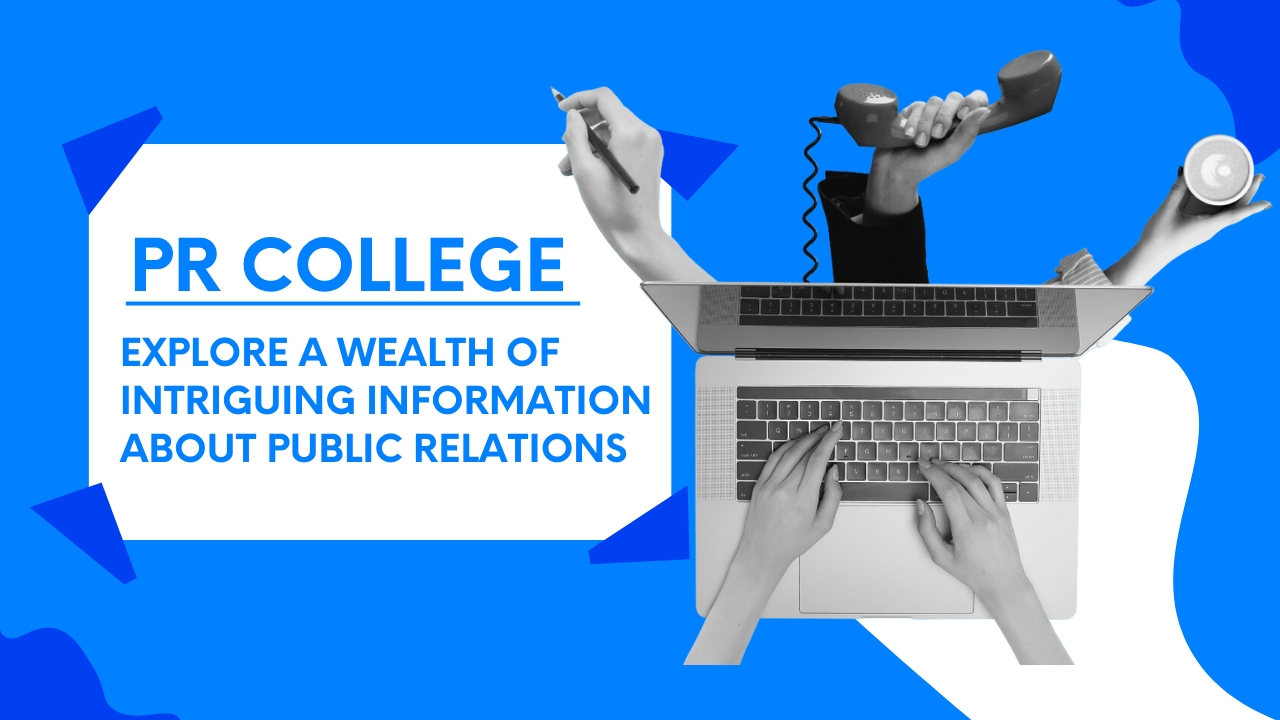/ Digital Marketing Overview: Types, Challenges & Required Skills
Digital Marketing Overview: Types, Challenges & Required Skills

What is Digital Marketing?
Digital marketing is the use of websites, applications, mobile devices, social media, search engines, and other digital means to promote and sell products and services.
Digital marketing is often seen as an additional tool for businesses to reach customers and understand their behavior, and digital marketing combines many of the same concepts as traditional marketing. Traditional and digital marketing strategies are often combined by businesses. However, digital marketing has its own difficulties. In the 1990s, when the internet became more widely used, digital marketing only started to gain popularity.
How Digital Marketing Works
To increase market share and advertise their goods and services to potential customers, businesses can use various marketing strategies and media. It takes a combination of sales acumen and an expert in advertising to succeed. This responsibility is handled by professional marketers, either internal to a particular business or outside a marketing agency that may work with many clients.
There was a time when companies only focused on marketing through print, television and radio because that was all they had. The internet then provided new ways for businesses to reach customers and gave rise to digital marketing, although these options are still available.
New technologies and trends are forcing companies to change their marketing strategies and rethink their budgets. In the early stages of digital marketing, email became a popular marketing tool. Then the focus shifted to search engines like Netscape, which allowed businesses to tag and keyword items to get them noticed. The emergence of social media platforms like Facebook then allows businesses to monitor user data and target very specific audiences with their messages.
Today, businesses can more easily promote their goods and services to customers wherever they are thanks to smartphones and other portable electronic devices. According to a Pew Research Center study in 2022, 76% of American adults have used their mobile phones to make online purchases.
Types of Digital Marketing Channels
Since the 1990s, digital marketing channels have changed and are still changing. These are the eight most used channels today.
Website Marketing
Businesses often use their own websites as the focal point of their online marketing campaigns. The most successful websites provide a distinct and memorable image of the company, along with its goods and services. Today, websites need to load quickly, work well on mobile devices, and be easy to use.
Pay Per Click Advertising
Marketers can reach audiences on news and other websites and digital platforms by using pay-per-click (PPC) advertising. Advertisers can create PPC campaigns on Facebook, LinkedIn, X (formerly Twitter), Google, Bing, Pinterest, and other platforms, and show their ads to users who enter terms related to their goods or services.
These marketing techniques can group users based on their demographic characteristics (such as age or gender), or specific interests or locations. Facebook Ads and Google Ads are the most popular PPC services.
Marketing with Content
Reaching potential consumers with engaging written, visual, or video content is the goal of content marketing. Once posted on a website, content is usually promoted through email marketing, social media, search engine optimization, and even pay-per-click advertising. Compared to advertising, content marketing aims to be more understated, and the sponsor's intended product or service may or may not be prominently featured.
Email Marketing
Despite the misconception that email is spam, email marketing remains one of the most successful digital marketing platforms. To collect names for their email lists, many digital marketers utilize other digital marketing channels. They then try to convert these prospects into customers through email marketing.
Marketing with social media
The main goal of a social media marketing campaign is to create trust and increase brand awareness. As you become more experienced with social media marketing, you can use it as a direct marketing or sales channel as well as to generate leads. Two examples of marketing with social media are tweets and promoted posts.
Marketing with Affiliates
One of the earliest types of marketing is affiliate marketing, which the digital era has revitalized. In affiliate marketing, businesses and private “influencers” market goods from other businesses in exchange for a commission each time a lead is generated or a sale is completed. Many well-known businesses, such as Amazon, have affiliate programs that reward affiliates who help sell their products for millions of dollars.
Video Marketing
Many internet users visit websites like YouTube for relaxation, studying how-to videos, reviews, and before making a purchase. To conduct a video marketing campaign, marketers can use one of a number of platforms, such as Facebook Video, Instagram, and TikTok. Businesses that combine video with SEO, content marketing, and more extensive social media marketing campaigns find the most success with it.
Text message
Additionally, businesses use text messaging—also known as SMS, or short message service—to communicate updates about their latest deals and specials. Texting is another tool used by political candidates and nonprofit organizations to advertise and raise money. Today, many marketing initiatives allow customers to donate or make payments with just a text message.
Digital Marketing Challenges
For marketers, the digital world presents its own challenges. For example, digital channels are becoming more commonplace, and marketers must stay up to date and learn how to use them efficiently. It can be difficult for marketers to evaluate and effectively utilize the vast amounts of data these platforms can collect.
Most importantly, it is increasingly difficult to capture customers' attention as they are constantly exposed to digital ads and other distractions.
How Do You Get Started with Digital Marketing?
Proficiency in writing and social media is essential for digital marketers, as is a strong understanding of data analysis. A bachelor's degree is required for most jobs in the digital marketing field. Additionally, you may want to enroll in a digital marketing course or attend a digital “bootcamp.” Completing an internship during your academic career can also be beneficial.2. While not required, a master's degree in digital marketing may be helpful.
What Competencies Are Required in Digital Marketing?
To effectively tell a company or product story to potential customers, a marketer needs to have strong communication skills. Understanding how well a marketing campaign is performing and where it can be improved also requires data analysis skills. And finally, social media skills are also important.
Furthermore, because of the way society consumes media in the twenty-first century, marketers are increasingly emphasizing digital platforms for their campaigns—sometimes even exclusively. While traditional marketing through print, television, and radio still uses many of the same strategies, digital marketing has its own set of tools that marketers must learn to be successful.







